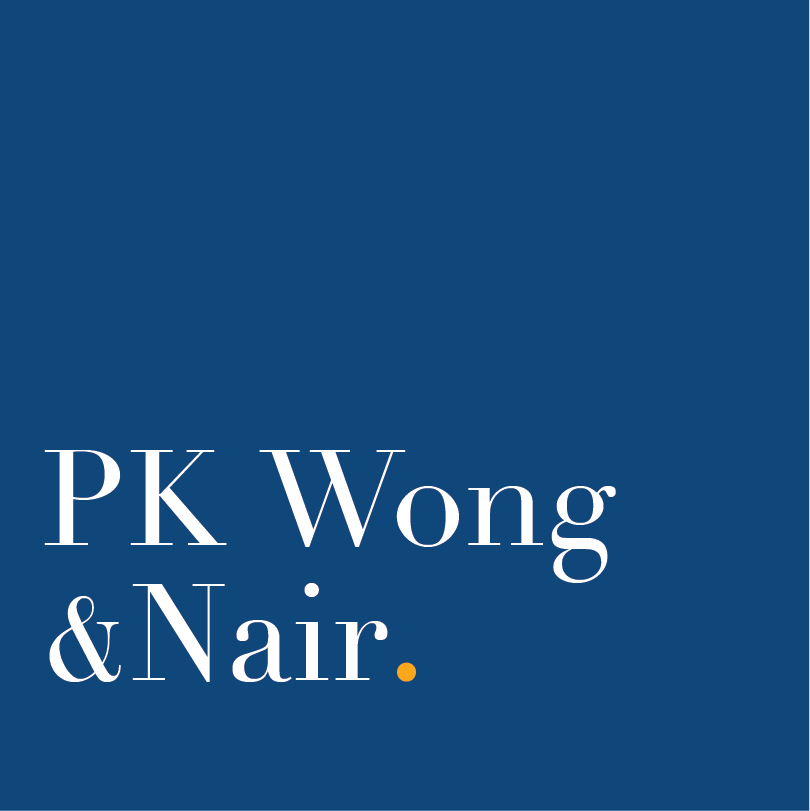Introduction
COVID-19 has had an unprecedented impact on employment and human resource management. One area where this has been most pronounced has been in relation to the management of global talent pools. When a relatively small group of countries had initially commenced preventive lockdowns in early 2020, few would have predicted how rapidly this pandemic would progress across the globe and the tough choices which governments had to make in order to curb the spread of the disease. As borders started to close and travel was severely curtailed, many employers found that their employees, whom they had expected to be abroad for only relatively short periods of time, were now effectively stranded and unable to return back to the countries in which they were employed.
Such employees, now working remotely where possible, present legal and compliance challenges which employers should be aware of. In particular, such arrangements could give rise to concerns about:
- whether such employees might create a permanent establishment for their employers in the country from which they now work remotely;
- whether employers would now be liable for social security contributions imposed in such countries; and
- whether employers would now need to comply with local labour law requirements for such remote work employees.
In Singapore, the Inland Revenue Authority of Singapore (“IRAS“) has indicated that, subject to certain conditions, there should be no permanent establishment in such circumstances. The presence of employees in Singapore is also unlikely to require employers to make social security contributions under the Central Provident Fund (“CPF“) Act. The Ministry of Manpower (“MOM“) has not stated a firm position on whether employment protections under the Employment Act (“EA“) should apply. However, it seems likely that the MOM will take a pragmatic approach in terms of enforcement.
Tax: Permanent Establishment
Profits generated from activity in Singapore may be taxable if the presence of a company’s employees in Singapore constitutes a permanent establishment.
IRAS, Singapore’s tax authority, has however clarified that the unplanned presence of a foreign company’s employees in Singapore would not result in the creation of a permanent establishment if it meets all of the following conditions:
- the foreign company does not have a permanent establishment in Singapore for year of assessment 2020 (e.g. a branch or office etc.);
- there are no other changes to the economic circumstances of the company;
- the unplanned presence of the employees in Singapore is due to travel restrictions relating to COVID-19 and their physical presence in Singapore is temporary (as a guide, generally not more than 183 days in year 2020 from the date of first arrival in Singapore); and
- the activities performed by the employees during the unplanned presence would not have been performed in Singapore if not for the travel restrictions.
Social Security: Central Provident Fund Contributions
Where an employee is employed in Singapore by a company, and that employee is a Singapore Citizen or Permanent Resident, both the employer and employee would be required to contribute to the employee’s account with the CPF Board. Prior to the outbreak of the COVID-19 pandemic, the CPF Board had also previously stated that overseas employers will also be required to pay CPF contributions for their employees working in Singapore.
In its 8 September 2020 FAQs for Employers document, the CPF Board has however indicated that it is prepared to consider an employee as not exercising an employment in Singapore from the date of his/her return till 31 December 2020, subject to there being no change to the employee’s contract of service of his/her overseas employment and that the employee’s remote work arrangements are temporary due to the COVID-19 situation.
The document did not clearly state whether overseas employers would continue to be obliged to make CPF contributions. However, based on the fact that the CPF Board will consider remote working arrangements for such employees to constitute overseas employment, contributions should not be required from employers as well. Do note however that the CPF Board has indicated that such arrangements may be subject to further review and employers should be aware that requirements may change based on the changing COVID-19 situation.
Employment: Minimum Statutory Protections
The MOM has not released explicit guidance on how it intends to regulate employment relationships where an overseas employer permits a Singapore Citizen or Singapore Permanent Resident to work remotely from Singapore due to the COVID -2019 pandemic. However, it is likely that the MOM will adopt a pragmatic stance towards such employment circumstances, similar to that taken by the IRAS and CPF Board.
In ordinary circumstances, if a Singapore Citizen or Singapore Permanent Resident is employed by a foreign employer for work in Singapore, that employee would typically be covered by minimum labour protections under Singapore’s EA. Alternatively, where an employee is employed under an employment contract governed by foreign law, for an overseas employer and for work which is to take place entirely or at least predominantly outside Singapore, the EA would usually not apply.
The rules in the midst of the current COVID-2019 pandemic are unclear in circumstances where an employee on remote work was supposed to have been employed by a foreign employer for work which in normal circumstances, would have taken place entirely or predominantly overseas.
The MOM has generally taken a pragmatic stance on issues relating to work arrangements due to COVID-2019. In other guidelines on COVID-2019 matters, the MOM reminded employers to “treat employees, both local and foreign, fairly and responsibly.” The MOM similarly urged employees, regardless of nationality, to take due recognition of their employers’ challenges during this crisis and be reasonable.
The MOM is also aware of the difficulties of imposing EA protections where an employer is situated abroad and has no dealings in Singapore. In a recent case involving a salary dispute by a Singapore Citizen on remote work, who had allegedly not been paid his promised salary by a Greek employer, the MOM indicated that it was aware of the legal challenges faced in such circumstances and suggested that the best recourse for the employee was to seek private legal advice to enforce his claims (presumably in Greece).
In summary, it seems unlikely that the MOM will currently seek to impose EA requirements on overseas employers whose employees happen to be working remotely from Singapore on a temporary basis due to the current pandemic. But, like the CPF Board and IRAS, this position may change and employers should keep up to date with any new advisories and guidelines published by these bodies.
Please feel free to contact Jennifer Chih, John Kuah or Hannah Heng if you require more information.
“The information provided in this page is for general informational purposes only and is not intended to constitute legal advice. We do not warrant its accuracy or completeness or accept any liability for any loss or damage arising from any reliance thereon. While we strive to provide accurate and up-to-date information, the legal landscape is constantly evolving, and the details of any given case may change over time.”

